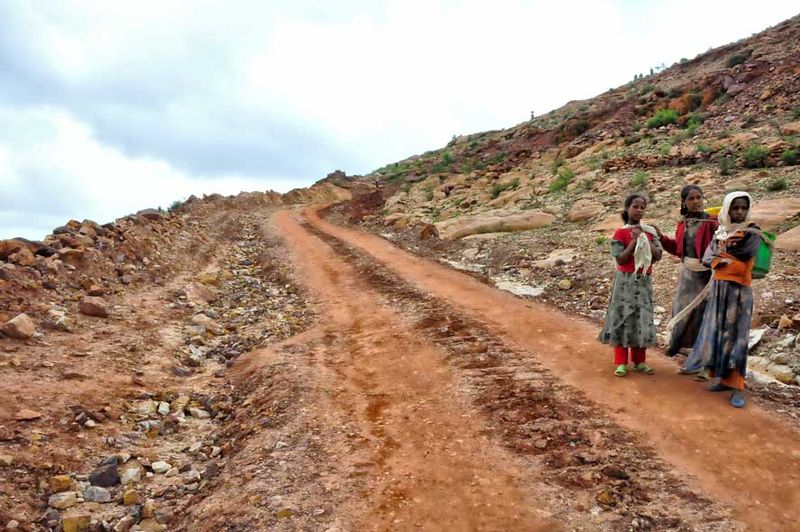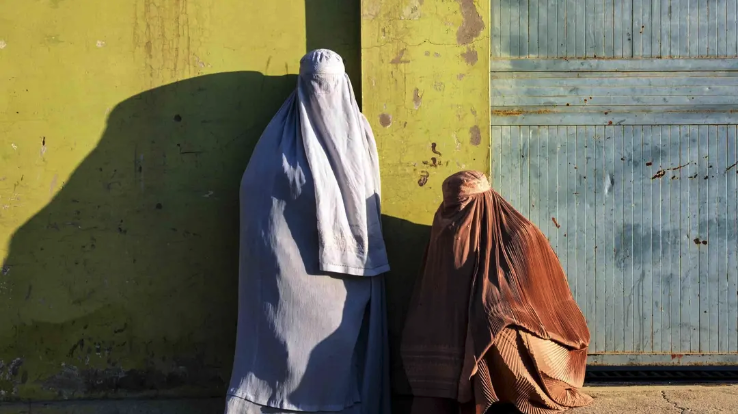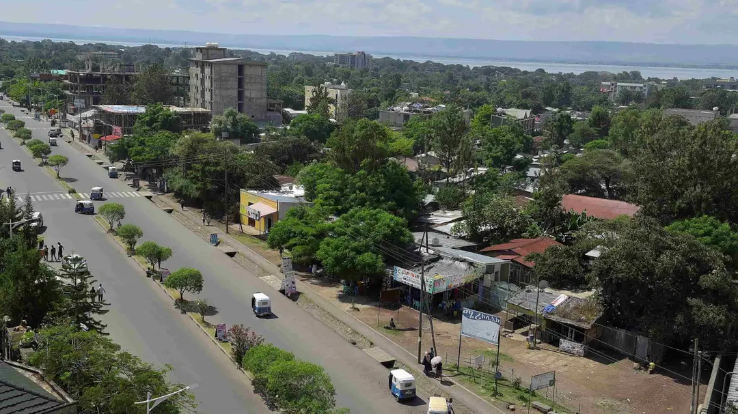UN: Crimes Against Humanity Continue in Ethiopia
A report published by the UN on Monday has claimed that war crimes and crimes against humanity continue to occur in Ethiopia — despite the state's government and regional forces in Tigray agreeing to a truce nearly a year ago....

0:00
/0:00
Facts
- A report published by the UN on Monday has claimed that war crimes and crimes against humanity continue to occur in Ethiopia — despite the state's government and regional forces in Tigray agreeing to a truce nearly a year ago.1
- The report by the International Commission of Human Rights Experts on Ethiopia documents human rights violations by all parties involved in the conflict since Nov. 3, 2020. The commission was established in December 2021.2
- It was found that at least 10K people have been affected by rape and other sexual violence alone, with the chairman of the commission, Mohamed Chande Othman, claiming that the truce signed last year has 'not resolved the conflict in the north of the country.'3
- The report describes the violations as 'grave and ongoing.' Both the Ethiopian government, backed by Eritrean forces, and Tigray's regional forces blame each other for atrocities in the state, such as massacres, rape, and arbitrary detentions.4
- Approximately 5.4M out of 6M people in the region of Tigray rely on humanitarian aid, despite food donations being paused since March this year in light of nationwide corruption allegations centered on grain stealing.5
- The report further warned that, beyond Tigray, 'hostilities in Ethiopia are now at a national scale,' citing the regions of Amhara as well as Oromia, with implications to impact regional stability throughout East Africa.6
Sources: 1Al Jazeera, 2Un news, 3Associated Press, 4Reuters, 5Guardian and 6Barrons.
Narratives
- Narrative A, as provided by Amnesty international. Following the dangerous escalation of human rights violations in Ethiopia, the United Nations must commit to extending the mandate for the International Commission of Human Rights Experts in Ethiopia. Now is not the time to reduce pressure on a country that continues to engage in such atrocities from all sides. Suffering and instability must be stopped before it is allowed to spread even further into East Africa.
- Narrative B, as provided by The reporter ethiopia. The tragic conflict in Ethiopia is best addressed not looking so much at international actors but at grassroots organizing and community healing. Ethiopia is home to a plethora of diverse ethnic, cultural, and linguistic groups. It's through local organizing and community-to-community dialogue that real progress in conflict resolution can take place. Relying on the state and international organizations is not enough by itself.






